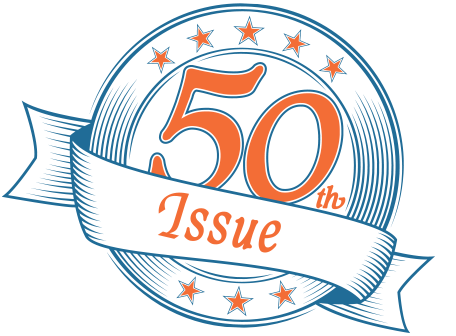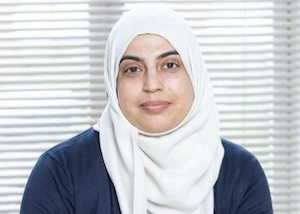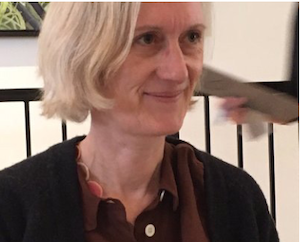
Occasional Paper Series
Issue 50
Learning With Treescapes
in Environmentally Endangered Times
Introduction
by Samyia Ambreen and Kate Pahl
As we write this in a cool and rainy north of England, the planet is burning. Some of the highest temperatures in Earth’s history are being recorded in Death Valley, United States. Italy is hitting temperatures of 118 degrees Fahrenheit (48 degrees Celsius). Rhodes is on fire. I (Kate) remember when I realized the extent of the disaster that is the climate emergency. I was listening to a geologist describing the slow and then very fast loss of a glacier in the High Arctic. We are realizing that our world is slipping away from us.
However, it is vital not to lose hope. We have to live and think in a different way. Our global health rests on developing new ways of knowing and being. Educators are at the forefront of advocating for change. Issue 50 of the Bank Street Occasional Paper Series, “Learning With Treescapes in Environmentally Endangered Times,” is intended to be hopeful. We collected these articles to contribute to the envisioning of new practices and to an architecture of knowledge to waymark a more sustainable route into the future.
Trees are vital for the present and future health of the planet, its inhabitants, and ecosystems. They store carbon and breathe out oxygen. Their leaves filter dangerous pollutants. Their branches provide shade and a shelter for a myriad of other beings, allowing diverse species to thrive. They provide cooling, control erosion, and filter water. Life on Earth depends upon trees.
Yet trees have no voice in the high-stakes fight for a livable planet. Deforestation continues despite constant human protests and the protests of more-than-human plant and animal species. Here in the United Kingdom, only 13 percent of the country remains forested. Over the past 100 years, the Earth has lost as much forest as it had in the previous 9,000 years of human habitation, with one-third of the Earth’s forests now gone (Ritchie & Roser, 2021).
Guest Editors
Samyia Ambreen is a research associate in the Education and Social Sciences Research Institute (ESRI) at Manchester Metropolitan University. Her research interests include understanding children’s interactions through a participatory research design, with a focus on ethnicity and cultural diversity. She is also interested in hope, children’s spirituality, and care toward the environment.

Kate Pahl is professor of arts and literacy at Manchester Metropolitan University. Her work is concerned with literacy and language practices in communities. She is the author, with Jennifer Rowsell, of Living Literacies (MIT Press 2020). She is currently the Principal Investigator of “Voices of the Future,” a three year project funded by the Natural Environment Research Council (NERC) exploring the relationship between children and young people and treescapes.

